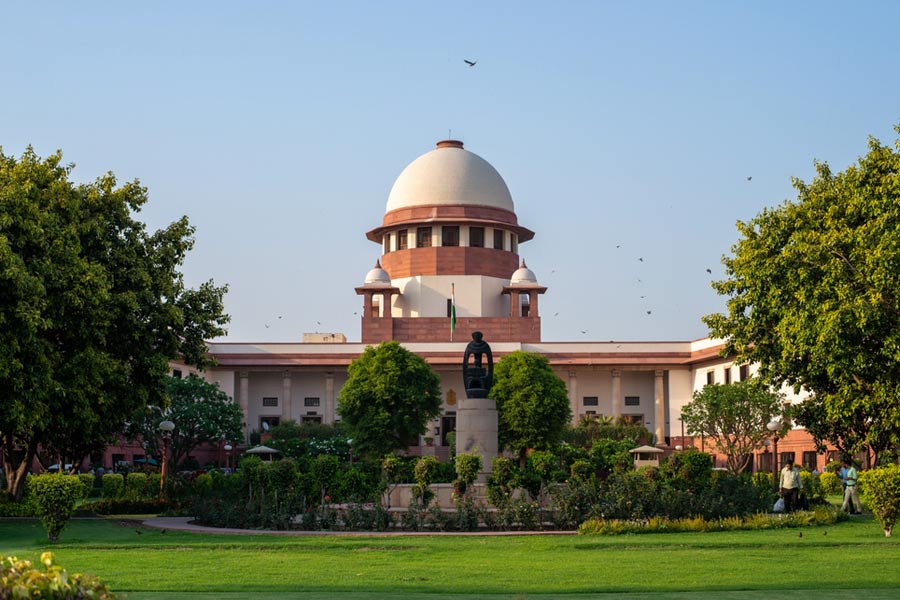The convicts who enjoyed a remission of their life sentences after being imprisoned for the gang-rape of Bilkis Bano and the murder of seven members of her family have been ordered to report to the prison authorities by the Supreme Court. The court quashed the Gujarat government’s remission order. Besides affording the reassurance that comes from the spectacle of justice upheld, the Supreme Court judgment scathingly unravelled the layers of what the bench termed “fraud” that led to the remission of sentence of the 11 convicts on August 15, 2022. The Gujarat government had ‘usurped’ the powers of the Maharashtra government, which alone could decide on remission by law, being the state in which the trial took place. A Supreme Court direction to the Gujarat government in May 2022 to look into the situation of one convict among the 11 who asked for remission seemed to have been used by the Gujarat government to release all 11 for which it was not even the ‘competent’ authority. The court’s order was used to violate the law through a misrepresentation of facts. Besides, remission is based on certain principles, not on unreason and arbitrariness; the Gujarat government’s action was termed an ‘abuse of discretion’.
The sharpness of the Supreme Court’s remarks cut through the aura of lawlessness that has been nurtured in recent years. The nature of the crime had made the remission shocking, even alarming, for many. Ms Bano was pregnant when she was raped by the 11 men during the 2002 violence in Gujarat; her infant daughter was murdered along with six other members of her family. The release of the convicts in 2022, therefore, had intensified the growing feeling that the politics of hatred and violence was winning. The intimidation, sometimes murder, of witnesses and survivors of gang-rape had become common, and State complicity in efforts at suppression caused fear, anger and distrust. Women are the natural targets of the politics of violence, gender hatred and cultural domination; Ms Bano was an instance of that. She is also from the minority community. These factors give to the Supreme Court judgment a weight beyond that associated with the law of the land; it asserts the tenets of humanity and equality at a time these are becoming rare.










